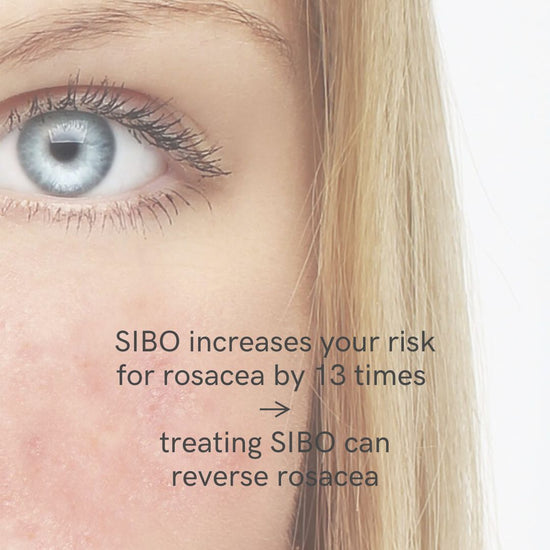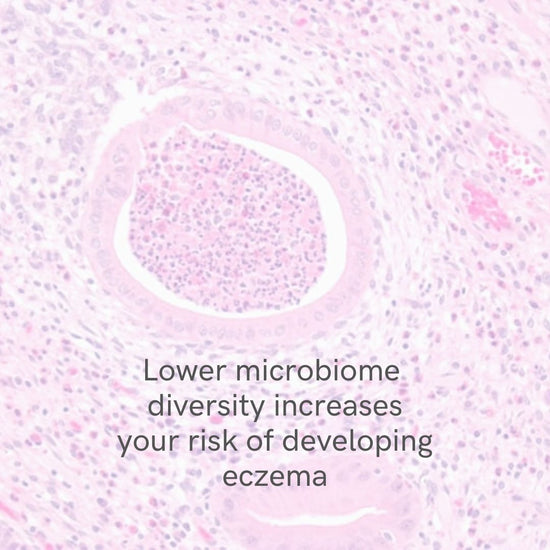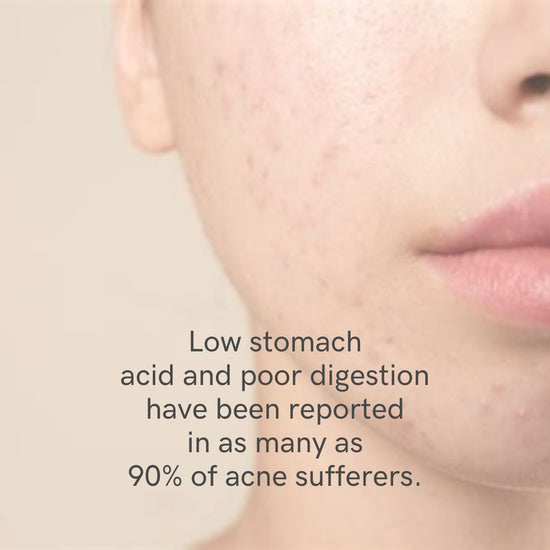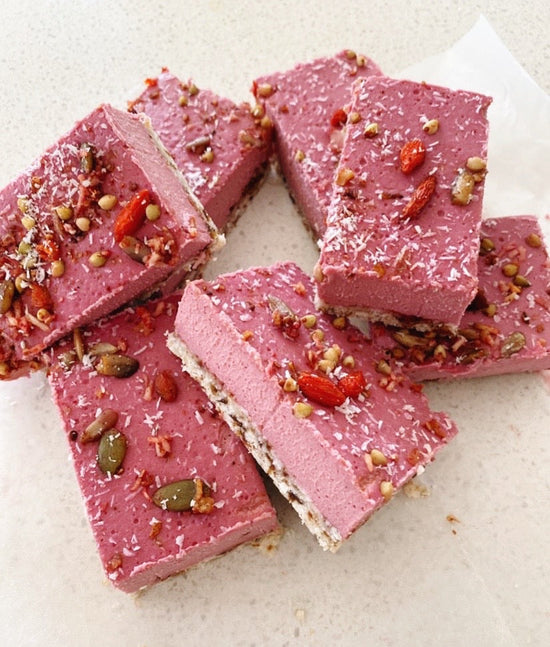
Clear, radiant skin starts with a healthy gut and microbiome.
.
Pre, pro and postbiotics have been shown in clinical trials to have many direct and indirect effects on the skin including improved hydration, texture and skin barrier function. The gut-loving nutritional and herbal actives also work to improve microbiome balance, digestive health, immune system health and nutrient absorption.
Trust your gut.
The connection between our gut and skin is an intricate relationship known as the gut-skin axis. The gut-skin axis is a complex network of interactions between our gut, microbiome, and skin.
With constant communication between these two vital organs, messages are transmitted in response to various external stimuli to regulate our immune, nervous, and endocrine systems, ensuring that our body functions in harmony.
The gut, which houses trillions of microorganisms, also known as the microbiome, is responsible for various essential functions such as nutrient absorption, metabolism, and immune system regulation. A disruption in gut health can lead to a cascade of problems, including skin issues such as acne, eczema, and rosacea.
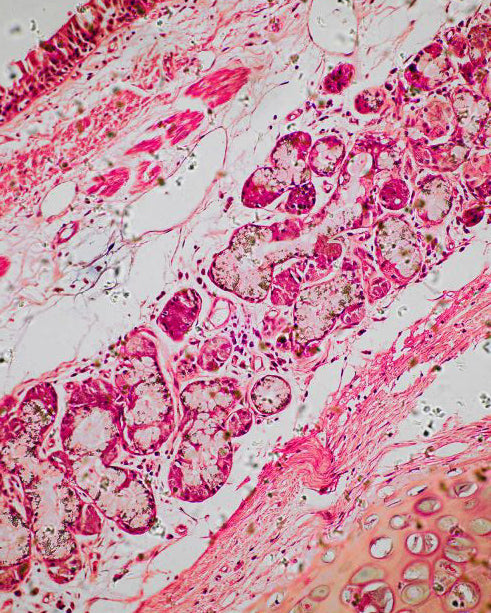
The healthy gut and microbiome.
A balanced gut microbiome is essential for the overall health of our skin and body. Some of the significant benefits of a balanced gut include maintaining a healthy weight, supporting our immune system, reducing the risk of disease, and promoting clear skin.
Moreover, a healthy gut microbiome can improve our mood, increase our energy levels, and boost our mental clarity, leading to an enhanced quality of life.
Considering the pivotal role that our gut plays in our skin and body health, it is essential to take measures to maintain a balanced gut microbiome. One can accomplish this by eating a variety of nutrient-rich foods such as fruits, vegetables, and whole grains and avoiding processed foods.
Additionally, taking probiotics and prebiotic supplements can also promote a healthy gut microbiome.
The unhealthy gut and dysbiosis.
It's essential to understand the implications of dysbiosis, which is an imbalance of bacterial activity in the gut. When dysbiosis occurs, certain immune cells become activated, thereby setting up a pattern of chronic systemic inflammation that affects all the organs in the body, including the skin.
There are several contributing lifestyle factors that disrupt the microbiome's delicate balance; these include a poor diet, lack of sleep, chronic stress, drugs, alcohol and certain medications.
As a result of dysbiosis, the gut's overall functionality is significantly affected, causing inflammation, oxidative stress, poor nutrient absorption, and toxin build-up. The negative effects of dysbiosis extend beyond the gut playing a role in skin conditions like acne, psoriasis, and dermatitis can be directly attributed to dysbiosis.

Poor gut health on the inside reveals itself as poor skin health on the outside.
This can lead to:
Skin sensitivity and inflammatory skin conditions
Acne, blemishes and breakouts
Premature skin ageing and breakdown of collagen and elastin
Skin barrier breakdown and skin dehydration
Poor wound healing and post inflammatory pigmentation


